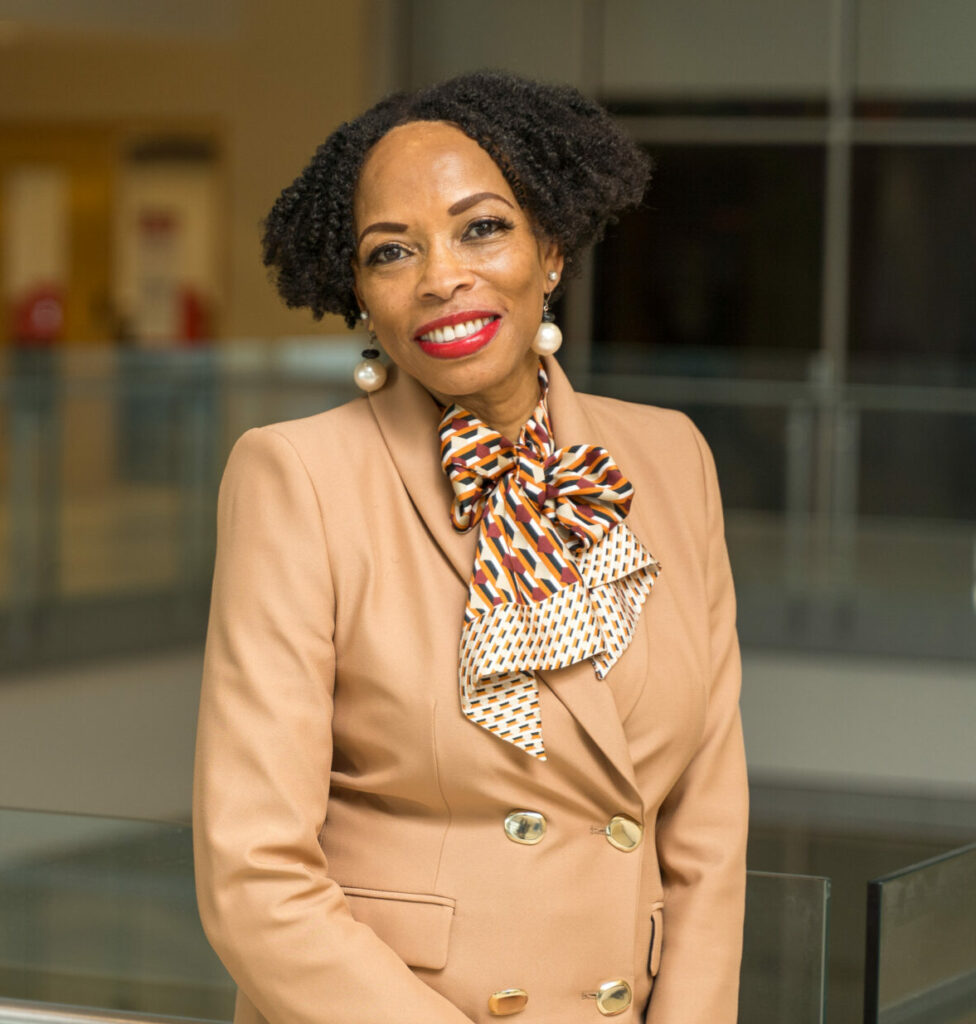
Upwards of 250 York University faculty members and scholars are among the presenters during the 2023 Congress of the Humanities and Social Sciences, where they take an academic leadership role in sharing their research with colleagues from across the nation.
The flagship event of the Federation for the Humanities and Social Sciences – taking place May 27 to June 2 at York University’s Keele Campus – returns to an in-person format this year, following a hiatus in 2020 and the subsequent virtual format in 2021 and 2022. Congress is the largest academic gathering in Canada, with at least 10,000 participants attending this year. The event was last hosted at York University in 2006.
Congress 2023 provides a platform for critical conversations, including diverse voices and perspectives to create collaborations that help drive the future of post-secondary education. This year’s theme “Reckonings and Re-Imaginings” will guide the direction of discussions and knowledge sharing in presentations, panels, workshops and more.

“I am excited by this theme because it’s a call to reflection on where we (as scholars, activists, artists and thinkers) are and how we got here,” said York University Faculty of Liberal Arts & Professional Studies Professor Andrea Davis, who is serving as academic convenor for Congress 2023, when the theme was announced. “Rather than simply centering the problems, this theme insists that we imagine otherwise – that we consider what a different set of possibilities might look like and that we come together collectively to create the kind of world we want to live in.”
York faculty and scholars will contribute their humanities and social sciences research and expertise through more than 250 different events scheduled in a variety of programming streams, such as the Big Thinking Lecture Series, Career Corner, Black and racialized programming, Indigenous programming, scholarly presentations and more.
Contributions come from all 11 York Faculties, three Organized Research Units, two divisions and other units, such as the Teaching Commons and York International.
“We took the opportunity to apply York’s strengths as an institution that is known for supporting social justice and social responsibility. At Congress 2023, the University is playing an active role in igniting and sustaining positive change through scholarship, creative practice and conversations that generate new perspectives,” said Lisa Philipps, provost and vice-president academic.
Philipps is also a member of the Scholarly Planning Committee for Congress, which is comprised of York faculty, staff, graduate students and senior leadership, who together have helped to guide and shape the themes and programming for this year’s event through broad consultation with the York community. Learn more about the Scholarly Planning Committee here.
York programming at Congress 2023
The School of the Arts, Media, Performance & Design will feature work from faculty and graduate students with topics exploring culturally relevant pedagogy, accessible tech for Canadian artists, film screenings and more.
Diverse programming from the Faculty of Education – which contributes to more than 60 events – includes re-imagining teacher education, book launch events, the risks of queer lives during the pandemic, findings from a Black feminist qualitative study and more from faculty and graduate students.
Both faculty and graduate students from the Faculty of Environmental & Urban Change will participate and explore topics such as the intersectional feminist approach to gathering and analyzing stories that reconsider risk, and a look at ceremonies of mourning, remembrance and care in the context of violence and more.
Glendon College faculty members will consider the ascent of right-wing populism in Canada, the politics of refusal in the Anaïs Barbeau-Lavalette novel Suzanne, and more.
Research by graduate students will be the focus of contributions from the Faculty of Graduate Studies, with a variety of presentations on diverse topics, including the impact of the pandemic on intimate partner violence in Nigeria, Kenya and South Africa, a focus on mental health and the suicide of Black men, female activists and their relationships with their mothers, and more.
From the Faculty of Health, faculty members will explore how academic nursing leaders addressed the complexities of sustaining quality nursing education programs during the COVID-19 pandemic, participate in a roundtable on transnational Black communities and overcoming epidemics and a panel on promising practices that support aging with equity. Faculty will also present research on Indian immigrant fatherhood in the perinatal period, the experiences of immigrant Pakistani youths, and Asian Canadian exclusionary experiences in the context of the COVID-19 pandemic. In addition to research contributions, a graduate program assistant will perform at the Swag Stage.
Lassonde School of Engineering will have contributions from faculty and an undergraduate student that focuses on designing a more equitable science curricula and York’s Cross-Campus Capstone Classroom (C4), which will be presented in partnership with a student from the Schulich School of Business.
Knowledge sharing from the Faculty of Liberal Arts & Professional Studies will come from undergraduate students, graduate students, teaching and research assistants and faculty, with participation in upwards of 80 different events at Congress. Some of the research will cover racial profiling among Canadian university professors of Chinese descent, re-imagining criminal justice, activism and inclusion, decolonizing transnational human rights engagements and partnerships in Africa, queer rural teacher activists and more.
Osgoode Hall Law School faculty members and a visiting Fellow will present their research on girls and Young Women before the Cour du bienêtre social of Montréal, conflicting interpretations of women in Canada’s thalidomide tragedy and Indigenous laws and jurisdiction for addressing harm.
Faculty members representing the Faculty of Science will share their research on geological fantasies, the stark effect, and offer perspectives during a roundtable on overcoming epidemics and the transnational Black communities’ response.
Find more information about open programming events at Congress here: https://www.federationhss.ca/en/congress2023/york-programming.
